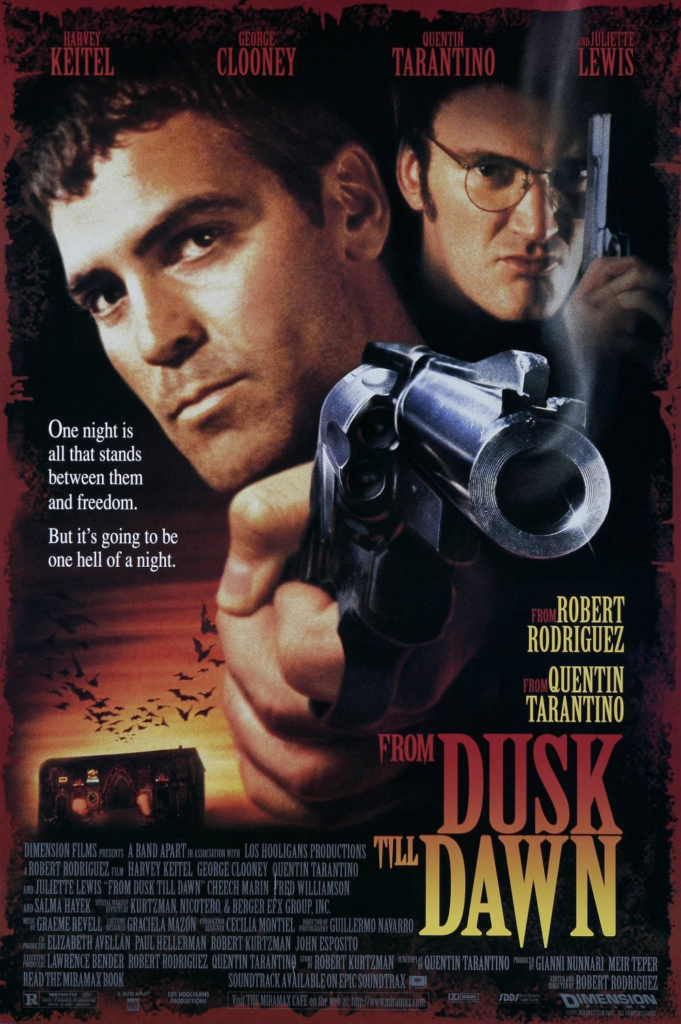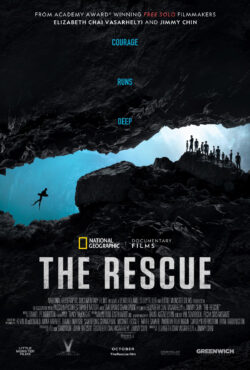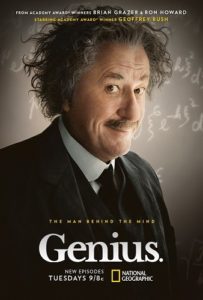Directed by: Jimmy Chin and Elizabeth Chai Vasarhelyi
Rated: PG
Running Time: 107 minutes
National Geographic Documentary Films
A little over three years ago, a junior association football team, made up of 12 boys and one adult, went into the Tham Luang Nang Non cave in Thailand before monsoon season. But Mother Nature arrived early, trapping the 13 in the cave. I’m sure you remember this because it was all over the news and around the globe, even as a lot of eyes were glued to FIFA’s crown jewel, the World Cup. Suffice to say, something about humans being trapped underground or lost underground has always fascinated people (the Chilean miners or the boy in the well for example). But what makes this story more impactful, and particularly “The Rescue,” is a reminder that when we come together, miraculous things happen.
Having worked in news during that time period, I remember this story very well. I say that because even “The Rescue” was able to teach me a few things and keep me on the edge of my seat as it peeled back layers to the true story. The tension is palpable for several reasons, first the footage of divers in underwater caves, constantly painting a picture of the bleak scenario they found themselves in; water dark and thick like mud and cave spaces where it was nearly impossible for just one person to squeeze through. The complimentary piece to these visuals is the interviews. The divers discuss some of the bleak thoughts crossing their minds, like how after several days they began to suspect that this would become a body recovery operation instead of a rescue operation or how they emotionally prepared for the possibility of seeing a corpse in the thick unforgiving waters.
It may also be how the documentary paints the operation because there were not a lot of reasons why anyone should have been optimistic about this operation. I even remember thinking no one would have survived when the news crews descended on Thailand. That’s because not only were divers combating blackout rushing water conditions in the cave, but outside thousands of volunteers were attempting to stop more water from pouring into the tiny cave, and sometimes failing. Even the Thai Navy SEALS, who were the first professional organization on the scene, conceded that they were in over their heads, handing the reins to several divers. But one of the more fascinating, humanistic angles of the film is how even the heroes had their flaws, whether it was cultural or emotional.
I knew how the story ended because it wasn’t that long ago. I knew, just like I’m sure you reading this do, that the 12 boys and their coach survived. Unfortunately, a Thai Navy SEAL died, but in a lot of ways, the operation was still a success that millions would have never guessed. I had to see this through even though I knew the twists and turns. Unlike the divers, I wasn’t in the dark about what laid before me. I wasn’t sure if it was the emotional toll of the film or not, but I began to feel like I was watching something that seems so alien now. A movie where people were being people, showing equal amounts of vigor, intelligence, and, but most importantly, compassion. We see how people from around the globe helped in their own way, whether it was flying in to help with the effort or lending advice over the phone, dozens of countries and thousands of people thought about the best way to rescue the lives of 12 children and a man whom they’ve never met. “The Rescue” gives us something we crave, simply because we are human, a little hope and a rescue, against all odds.



